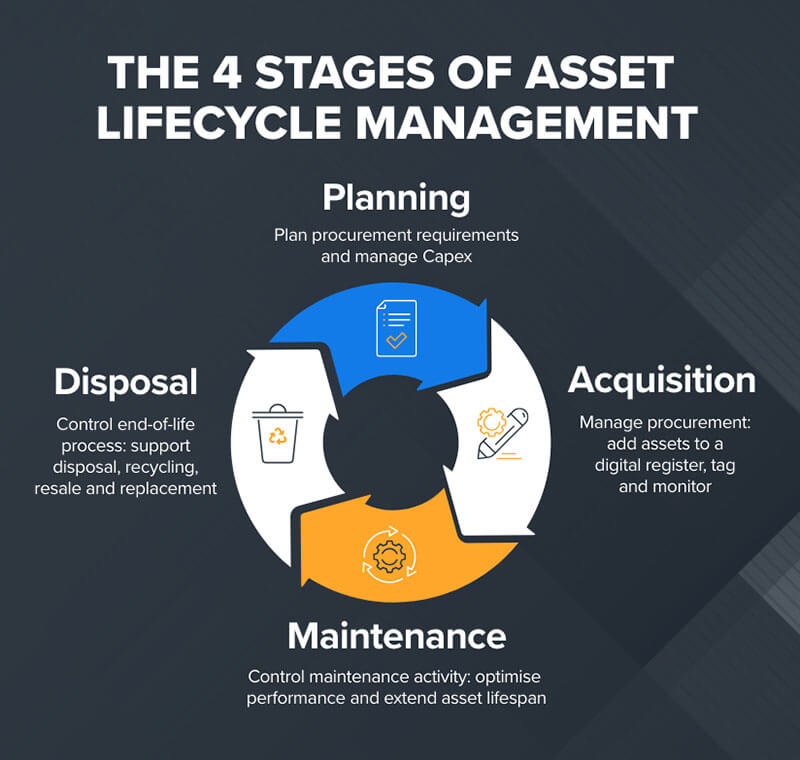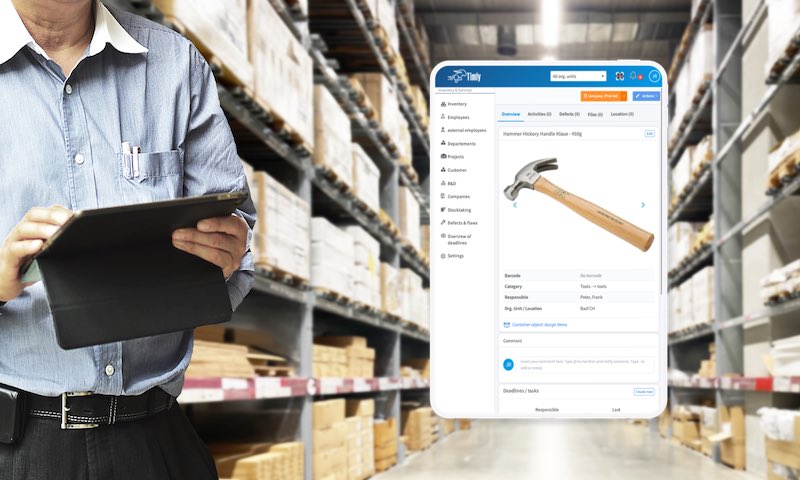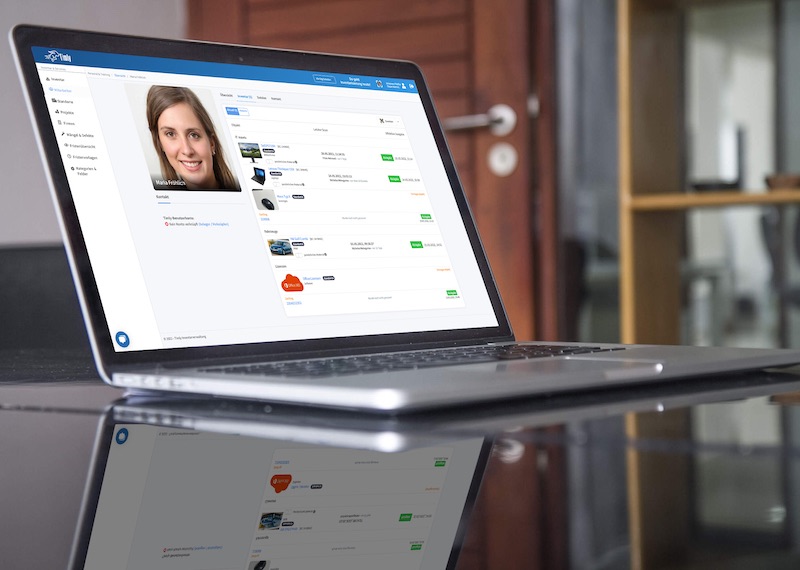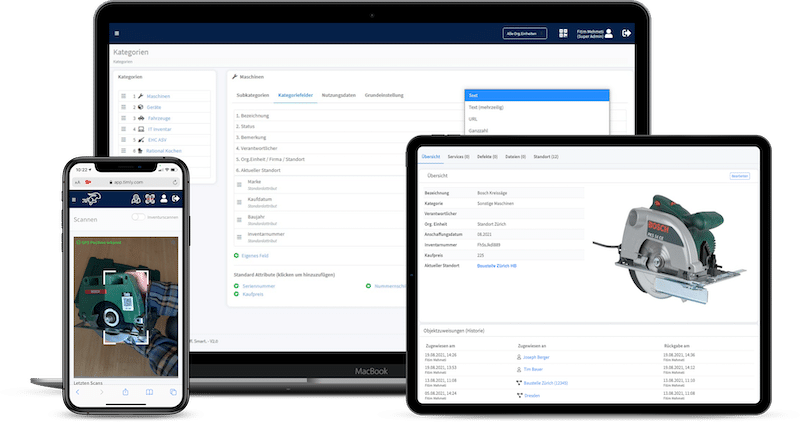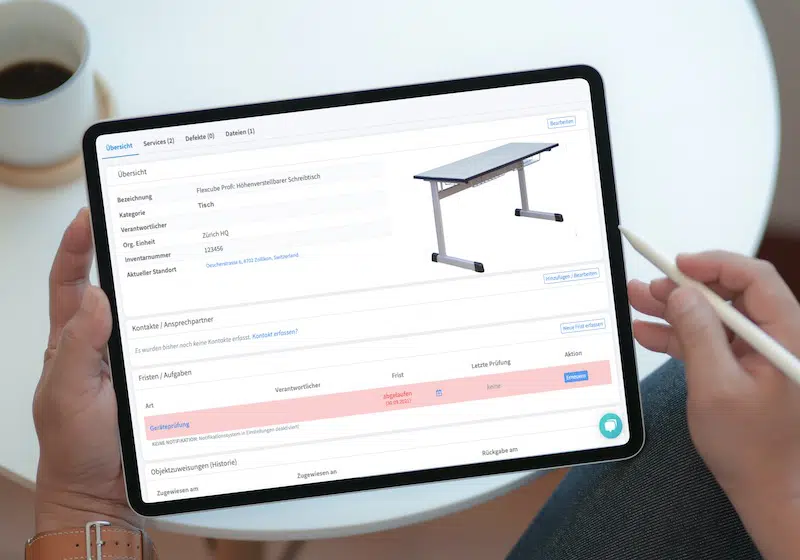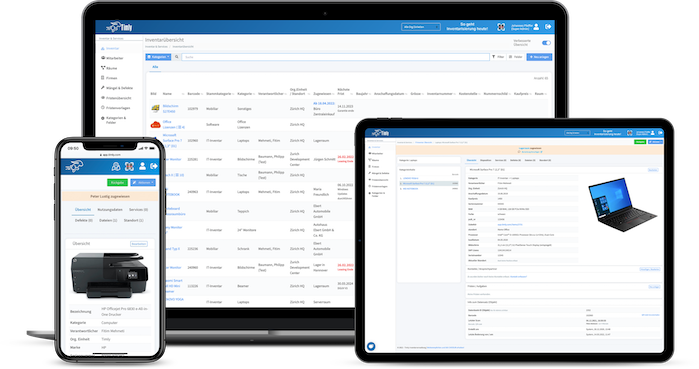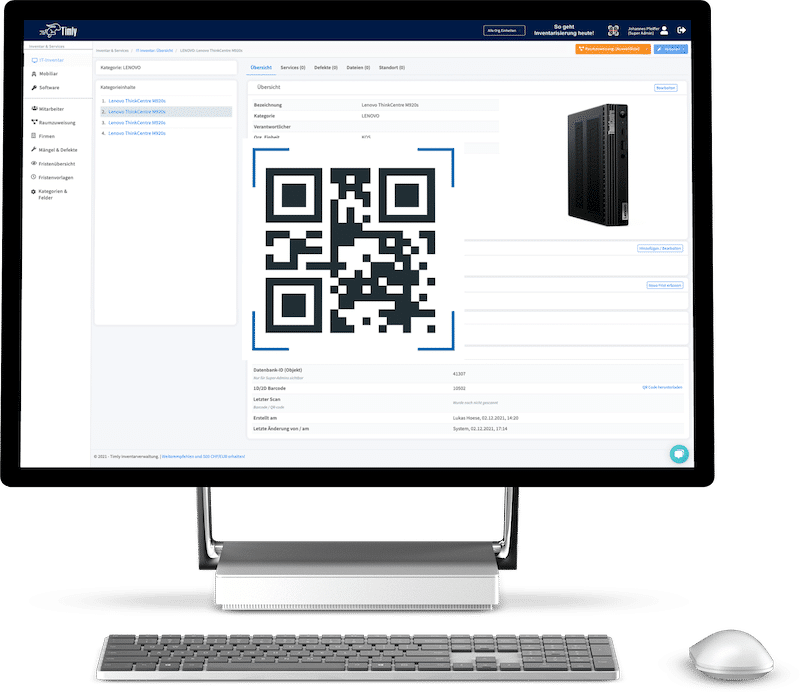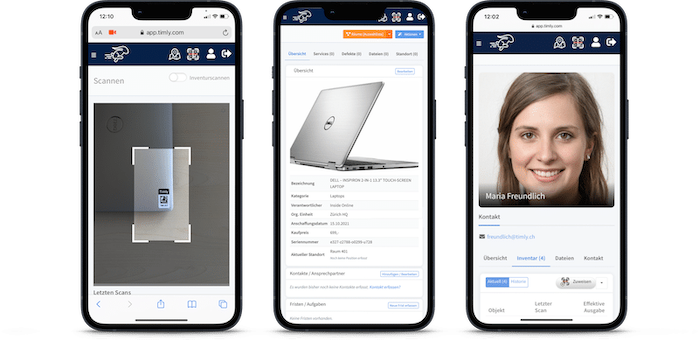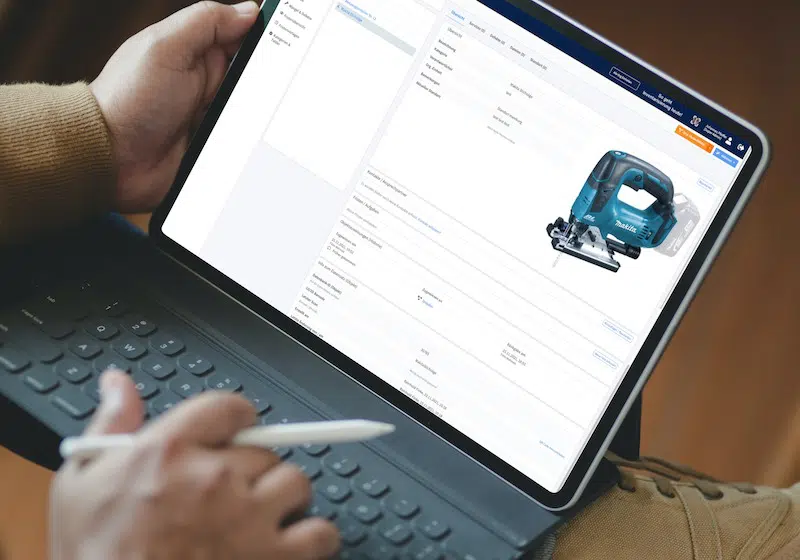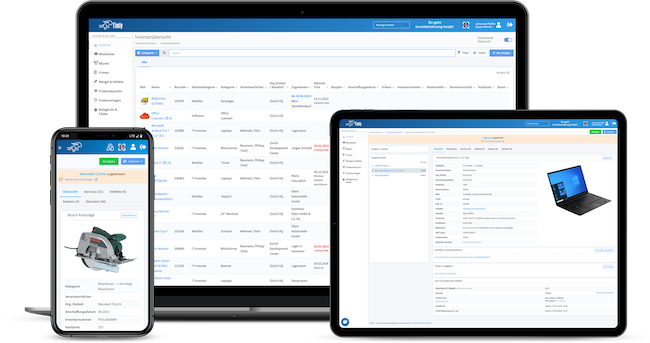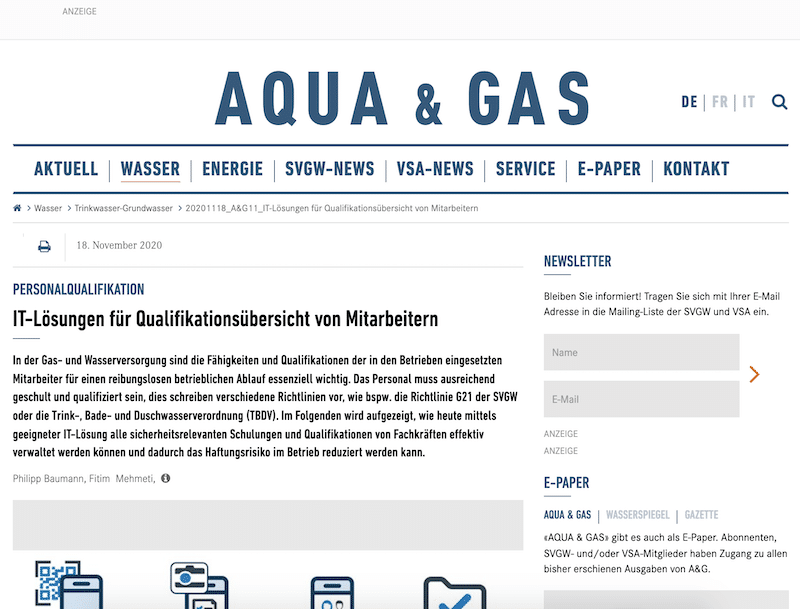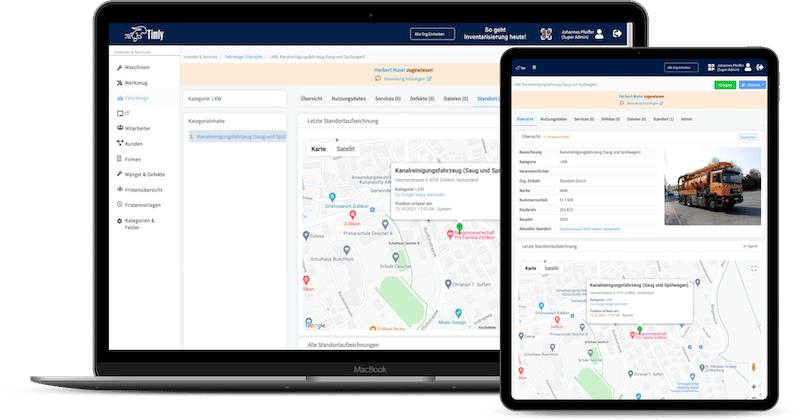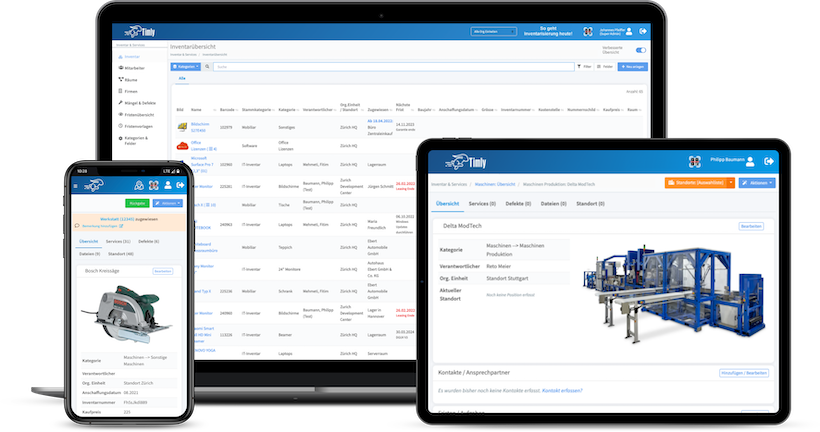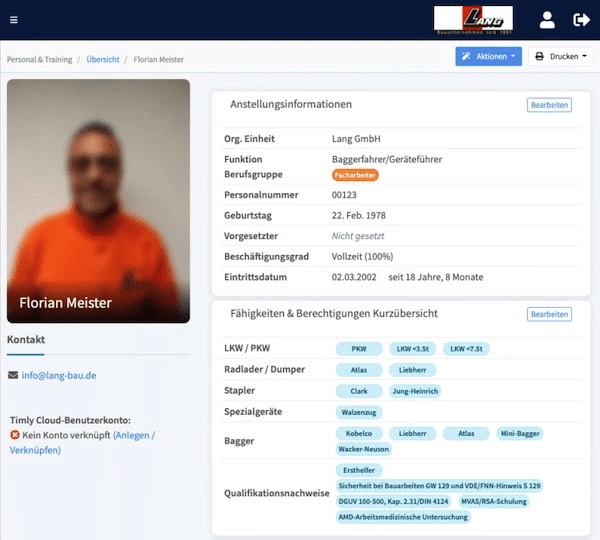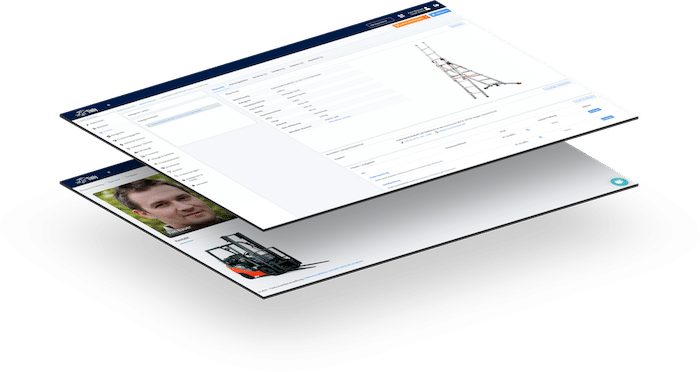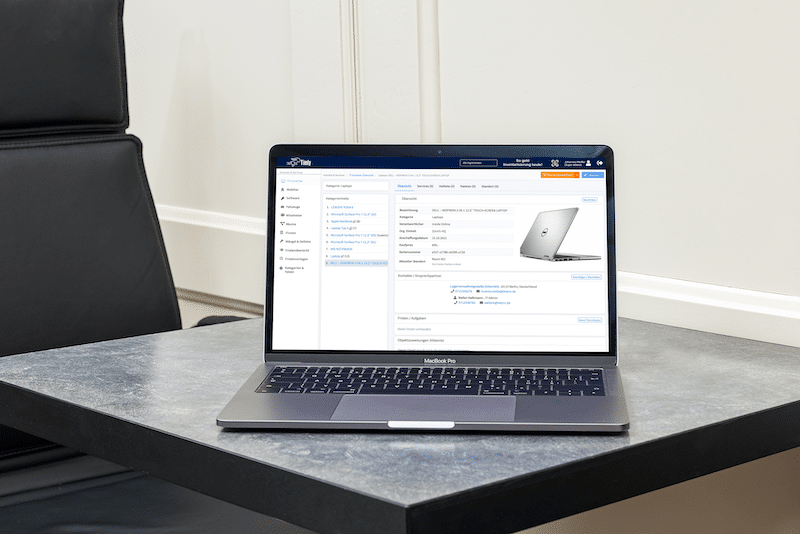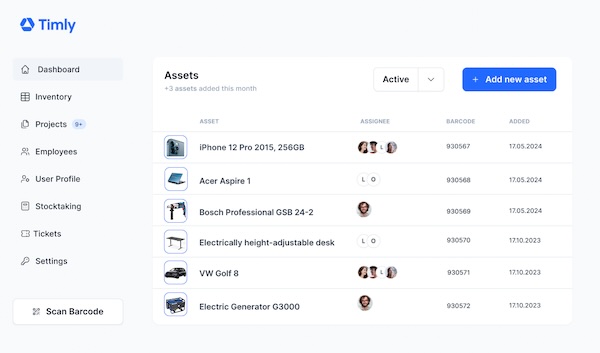
Key Takeaways
- Asset management is the strategic approach to managing and optimizing how business resources are used. This includes physical equipment and facilities, as well as intangible assets like human capital and intellectual property.
- Companies use asset management software to automate this process and glean useful insights that can improve company operations.
- Using asset management software can increase productivity, improve decision-making, enhance the asset lifespan and more.
- By adopting an asset management system like Timly, your business will better handle and utilize assets, improving productivity and profitability.
In this Article
- Why Does Asset Management Matter? Exploring Its Vital Role
- Why Is Asset Management Important?
- Importance of Asset Management for Organizational Success?
- What Are the Goals and Benefits of Asset Management?
- What Constitutes Bad Asset Management?
- How Does Asset Management Drive Cost Savings and Profitability?
Why Does Asset Management Matter? Exploring Its Vital Role
Asset management is key to streamlining and optimizing how a company’s assets are handled, leading to enhanced operational efficiency, faster output, and greater profit margins. By allowing the meticulous tracking and managing a wide spectrum of assets – from tangible items like equipment and tools to intangible assets such as intellectual property and employee skills – businesses can maximize their performance and minimise waste, loss and risks.
The main aim of asset management is to ensure that the lifecycle of these assets is used most efficiently and effectively for the business. By deploying asset management effectively, your business can reap many benefits ranging from enhanced financial performance to meeting sustainability goals.
The process of asset management has significantly evolved from basic inventory management to a strategic form of operations for a business. What was once a way to keep costs down and hold onto physical assets has become a process that uses the latest technology, data analysis and strategic planning to improve business operations as a whole. From looking at market trends to ensuring the company is nimble enough to handle regulatory changes, asset management is more powerful – and essential – than ever before.
Why Is Asset Management Important?
The importance of asset management is evident many spheres of a business, but risk management is one area where it is particularly relevant. There is less operational risk in a company when assets are properly maintained and used, and this can be crucial even for regulatory requirements.
Asset management is also beneficial for extending the usability and lifespan of assets, which helps keep maintenance costs down and enhances workplace productivity. All of this contributes to a more optimized business, which will inevitably yield greater profits.
Is Asset Management Critical for a Business to Function?
There isn’t a business that wouldn’t benefit from asset management, as the latter helps a business function at its best, regardless of industry or scale. Without an efficient asset management process, companies don’t function as effectively which costs money. Without proper asset management, productivity will drop, there will be increased risks and many areas will be impacted negatively.
Why Is Asset Management Software or Tool Important?
Asset management software and tools are becoming increasingly indispensable for modern businesses. These digital solutions create a centralized platform for businesses to more effectively track and manage assets, so managers and staff always know where an item is, who has it, how it is being deployed, and what important dates and deadlines are coming up. Asset tracking solutions come with many useful features such as real-time data analysis and reporting to help companies make better informed decisions faster.
With asset management software, companies can streamline their operations by automating manual processes. This includes creating dashboards for upcoming maintenance schedules and sending notifications to the personnel in charge when deadlines approach or issues are reported. This not only frees up employee time but increases the accuracy of output. Companies can also glean important insights, including about asset performance and maintenance requirements, which is essential for budgeting, forecasting and planning. Essentially, asset management software empowers companies to manage not just assets but the entire business more effectively.

Over 600 Companies, Schools and Cities Rely on Timly
(No credit card required)
Importance of Asset Management for Organizational Success
- Optimizing Assets: By streamlining asset utilization with the use of asset management tools, companies will get the absolute most out of their assets. This includes extending the life of assets and cutting down on expenses.
- Cost Management: Businesses have greater transparency around what they spend on assets, including their operational costs and maintenance. By learning more about these areas, companies can better control costs and budgets.
- Revenue: By effectively managing assets, companies enjoy enhanced productivity which leads to more generated revenue. Asset management solutions can be used to identify new revenue streams by finding underused assets and repurposing them.
- Risk: Risk for the business is considerably lower when asset management software is utilized. Issues ranging from asset failure to regulatory compliance can be mitigated with these tools.
Asset management software has helped countless businesses do more with their existing assets. For example, manufacturing giant Philips Austria uses lean tracking principles to keep inventory costs down without compromising quality. This has been a huge part of Philips’s prolonged success in the industry, as it’s allowed the company to stay profitable and efficient.
What Could Happen if a Business that Could Benefit from Asset Management Does Not Use It?
- Financial: Things cost more when you neglect proper asset management in your business. This includes higher operational expenses due to time lost looking for misplaced items, inefficient deployment of resources, shortened asset lifespans, and poor financial planning and budgeting due to a lacking overview of the resources you already possess and what is really needed.
- Operational: Without asset management, a business may face many operational challenges and inefficiencies, including avoidable downtimes and lower productivity due to old or poorly maintained assets, and increased risks related to compliance and safety.
- Strategic: Failure to implement a proper asset management system can also lead to strategic drawbacks. Without it, businesses will in the long term find it challenging to adapt or scale as need, and their ability to compete may suffer as a result, with their output lagging behind. Also, risk management is compromised, resulting in increased vulnerabilities within the business.
Benefits and Challenges of Asset Management
When effectively deployed, asset management offers improvements across various operational areas. Some of the main benefits associated with adopting asset management processes include:
- Improved Resource Utilization: Your business will be able to use assets in a more efficient and effective way, reducing waste and maximizing output in the process.
- Better Financial Management: You learn more about your business’s financial health with asset management, as you can use reporting to analyse things like maintenance costs or asset depreciation.
- Operational Efficiency: Managing your assets, you will improve your operational workflows, reducing preventable downtimes and achieving more efficiencies.
- Risk Management: Issues associated with asset failure, compliance concerns or obsolescence are all addressed with proper asset management.
- Decision-Making: Asset management yields incredibly useful data, and by using asset management software you can perform analysis on this data to inform strategic decisions.
- Asset Lifespan: Asset lifespan is improved as asset management encourages regular maintenance and updates.
- Sustainability: Asset management can also help reach sustainability targets by optimizing things like energy consumption.
Although asset management provides numerous benefits for companies, there are some challenges to consider for implementing it effectively. Some common challenges your business may face include:
- Cost: Implementing asset management solutions can be expensive at first, but focusing on the return on investment can help justify the initial investment.
- Integration: Sometimes, integrating asset management software into an existing system can prove a challenge. So make sure you choose a solution that can integrate with your current infrastructure.
- Change Management: Bringing about change in any business can cause disruption. So invest in staff training to encourage and educate them about asset management solutions.
What Are the Goals and Benefits of Asset Management?
- Maximizing Assets: Getting the most out of what you already have is a core element of asset management. By utilizing assets to their fullest potential, asset management can drive return on investment up.
- Minimizing Operational Costs: With asset management businesses operate more efficiently as they reduce the time spent searching for equipment to virtually zero and decrease downtimes by ensuring equipment is always functioning properly.
- Asset Lifespan: Timely maintenance and upgrades through asset management extend the lifespan of assets, saving the business money by reducing the need for expensive replacements, preventing downtimes, and avoiding compliance breaches.
- Agility: Companies employing asset management are more agile. They have a clear, real-time view of their asset inventory and how it is used, meaning they can quickly adapt to changes by reallocating resources and adjusting processes in response to evolving demands.
The value of asset management extends beyond the goals mentioned above, as it can enhance how the business functions in many different ways. Some of the main areas where asset management can drive value include:
- Financial performance
- Operational efficiency
- Decision-making
- Risk reduction
- Enhanced sustainability
- A competitive edge
- Improved customer satisfaction and reputation

What Is the Purpose of an Asset Management System?
- Inventory Tracking: With an asset management system you can keep a detailed record of all assets, including their location, status, and usage history.
- Maintenance Scheduling: You can also automate the scheduling of regular maintenance and repairs, ensuring assets are always in optimal condition.
- Performance Monitoring: These systems track the performance of assets, helping in identifying trends and patterns that might indicate the need for attention or replacement.
- Life Cycle Management: They can manage the entire life cycle of assets, from acquisition to disposal, optimizing their use and value throughout.
- Compliance Management: These systems also help to ensure that assets comply with relevant industry regulations and standards, reducing the risk of non-compliance.
- Reporting and Analytics: The data these systems use can provide detailed reports and analytics, offering insights into asset utilization, performance, and costs.
These features provide a number of advantages to an organization, such as cost efficiencies, better decision-making, risk mitigation and increased productivity. So, implementing an asset management system has the potential to completely revolutionize how a business operates.
Asset Management Software in Use by Our Customers
The Timly software is continuously evolving to meet the needs of our customers. In various success stories, we show you how Timly optimizes processes in companies, thereby saving significant effort. With Timly, inventory management becomes child’s play.

Optimized Device Management With Innovative Self-Inventory
SodaStream is the world market leader for water sparkling systems for domestic use and has a lot of IT equipment at its various locations. Many colleagues now work from their home offices. A digital solution for the efficient management of IT end devices became necessary...
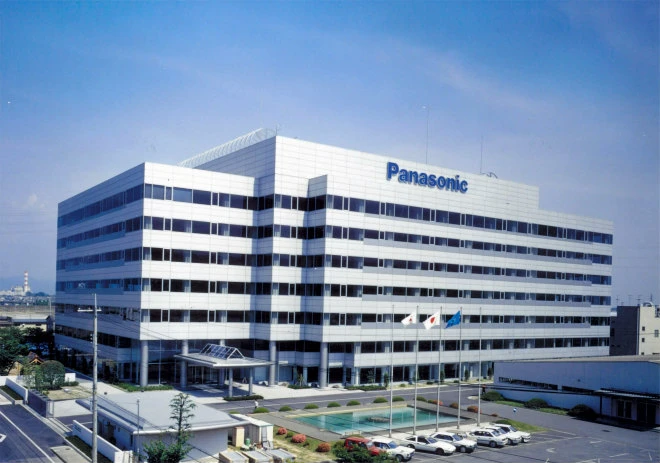
Panasonic x Timly: Driving Technological Innovation
One of the most remarkable aspects of human ingenuity is our ability to innovate. Innovation is embedded in the DNA of consumer electronics giant Panasonic, which has diversified into a number of sectors, from heavy industry to construction...

Manage Video Equipment Efficiently Without Much Effort
The Hamburg media company always does outstanding journalistic work and is characterized by independent reporting. In order to maintain journalistic quality, the teams work with highly specialized devices – these need to be managed efficiently...

Smart City Asset Management – Timly in Use at DIGOOH
The core business of DIGOOH Media GmbH in Cologne is to manage digital city light posters (DCLP) for outdoor use in various cities in Germany. The challenge here lies in making the client’s communication message always available at the right time, in the right place...
(No credit card required)
What Constitutes Bad Asset Management?
- Outdated or inaccurate asset inventory
- Badly maintained assets
- Poor utilization of assets
- No clear strategy for asset management
- An inability to adapt to technological change or innovation
- Poor risk management policies
- Little or no performance monitoring
If left unchecked, these issues can have serious consequences for the business. The impact that poor asset management has spans a number of areas, such as:
- Increased Costs: Poor asset management often leads to higher operational and maintenance costs, as well as unnecessary expenses on replacing assets prematurely.
- Reduced Productivity: Inefficient use and frequent breakdowns of assets can significantly hamper productivity and disrupt business operations.
- Financial Losses: Mismanaged assets can lead to substantial financial losses, either through direct costs or lost revenue due to operational inefficiencies.
- Compliance Issues: Neglecting asset maintenance and management can result in non-compliance with regulatory standards, potentially leading to legal penalties and reputational damage.
- Decreased Asset Life: Without proper maintenance and management, the lifespan of assets is significantly reduced, necessitating more frequent replacements.
- Operational Disruptions: Inadequate asset management can cause unexpected equipment failures, leading to operational delays and disruptions.
- Poor Decision Making: Lack of accurate and timely data on assets can lead to poor strategic and operational decision-making.
- Reputational Damage: The ripple effects of poor asset management, such as reduced service quality or product failures, can damage a business’s reputation and customer trust.
How Does Asset Management Drive Cost Savings and Profitability?
- Optimizing maintenance and repair schedules helps to extend the lifespan of assets.
- Finding the most efficient ways to utilize assets at all times – including things like equipment, space and employees.
- Reducing unnecessary expenses by understanding asset levels and conditions and avoiding underutilization.
- Reduced energy and resource usage thanks to properly maintained, efficient asset management.
All of these aspects go together to help with profitability as a whole. So in essence, asset management enhances productivity and efficiency while also helping the company stay as agile as possible. This can help with other areas of the business too, such as market responsiveness or improving the quality of output – which in turn improves brand reputation.
Frequently Asked Questions About “Why Does Asset Management Matter”
Why Does Asset Management Matter?
Asset management matters because it enables businesses to optimize the use and performance of their assets, leading to cost savings, improved operational efficiency, and enhanced decision-making. By effectively managing assets, companies can maximize their investments, extend the lifespan of their assets, and reduce risks associated with asset failure or compliance issues.
Why Is Asset Management Important?
Asset management is important because neglecting it can lead to significant operational problems in a business. Without proper asset management, a company may face increased operational costs due to inefficient use of assets and frequent breakdowns. This inefficiency can also result in reduced productivity and missed opportunities as employee time is lost looking for working tools and equipment. Furthermore, poor asset management can lead to compliance issues and increased risks, such as unexpected asset failures that disrupt business operations. It can also hinder strategic planning and risk management, ultimately impacting the long-term sustainability and success of the organization.
Recommended for you:
Book an online demo - free and without obligation - or create your free trial account directly.
























































































